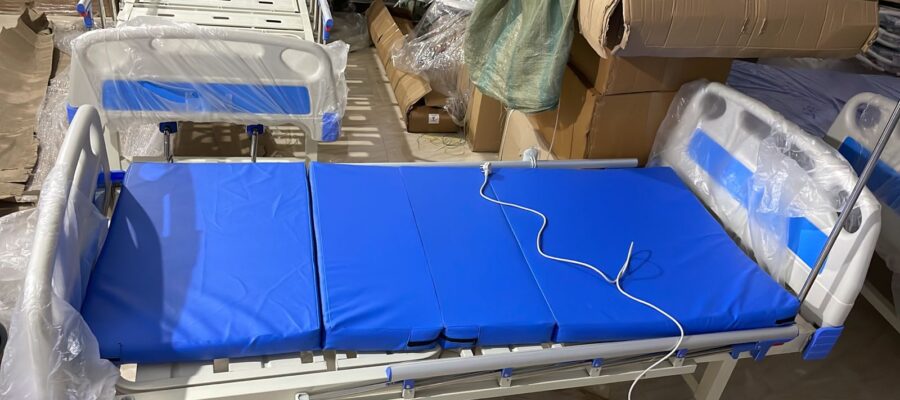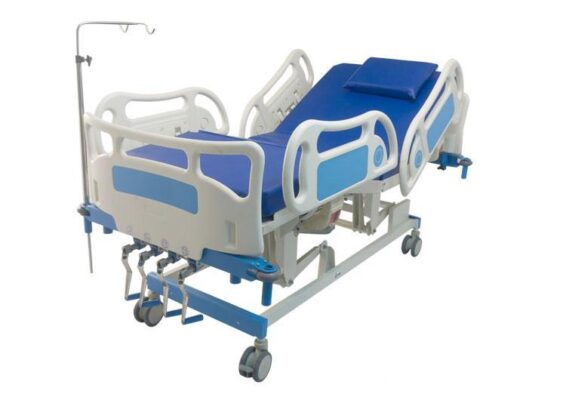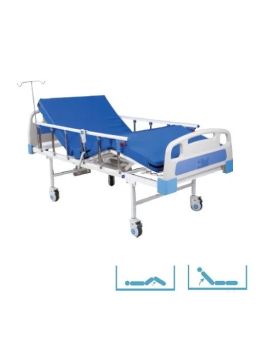Winters are finally here. Winters bring with them fun holidays but increased health concerns, especially for seniors. It is always good to know what affects elders and what you can expect to stay healthy this season. Like this, you can keep an eye on the health of your loved ones.
Thank you for reading this post, don't forget to subscribe!Here are some ways winter can affect older individuals:
Risk of falling
Elders who live in colder environments where it often snows during the wintertime are at an increased probability of losing balance and falling. Those who live at home and work in their small gardens in the backyards are most likely to fall during winter while gardening. But, even individuals who live with caregivers and walk under supervision can be at risk. Ensure that spaces around your home are appropriately shoveled if it snows and salted to prevent falls. If you want to, can take help to walk to the car or have someone to provide an arm to lean on. You can also make use of a walker to help you balance while talking walks in winters.
If the elderly lives in area where it snows the falling risks also go up indoors. During the winter because of the melted snow, the floor can get quite slippery. The elderly who have been outside and become very cold can face reduced movement and stability and fall while moving indoors. Always check on the elderly when the temperature drops or snows or if there is ice present. Giving them a call can let you know how the person is doing, and you can help in case of an emergency.
Risk of Hypothermia
Elders generally produce less body heat, which means they are usually colder than younger individuals. Hypothermia happens when the body becomes so cold that it starts to shut down. Hypothermia is a less apparent threat for vulnerable adults and requires urgent treatment. The signs of hypothermia involve slowed reflexes and movements, drowsiness, slow or slurred speech, and confusion. Older people are at risk of developing hypothermia because their bodies cannot resist the cold as long as younger people. Also, some medicines and ailments can moreover increase that risk.
Wearing layered winter clothing along with a hat, mittens, and warm shoes can do wonders in preventing hypothermia. Also, ensure that your home temperature is 20 degrees Celsius or higher for comfort. The elderly should consult with their doctors if they have chronic conditions during winters.
Heart Health during winters
Drop-in temperatures and winds can reduce body heat. Thus, blood arteries can contract, causing oxygen more difficult to reach the whole body. Lean elderly are mainly at risk of cold-related cardiovascular issues because they do not have as much fat to give warmth and have blood flowing.
Chronic flare-ups during winters
It’s common for elders to have chronic pain like arthritis and more. When it gets cold outdoors, several people note their signs worsen. All of this can start to taking excess pain medicines, whether prescribed or over-the-counter medicines. We request you to discuss with your doctor if you find your joints are more painful than usual. Doctors may suggest modifying your medication.
Changes in sleep habits
During the winters, the sunlight amount is typically less than during the rest of the seasons. Changes in sleeping habits can make anyone feel lazy and wanting to sleep more. Taking extra rest and sleeping becomes a big part of the day. The elderly may need to consider setting the alarm to rise on time for breakfast. Make sure they’re not staying up in bed late because of the darkness. Having a consistent schedule can help the elderly stay active, open the blinds, and turn on the daytime lights.
These are the points one should remember if they have elderly at home. Winters can be harsh for them, and one should keep this in mind. Make sure to accommodate the seasonal changes while caring for your loved ones. If you have caregivers attending to the elderly at your home, make sure that they well-informed about the chronic flareups and other conditions that could affect the elderly during winters.



